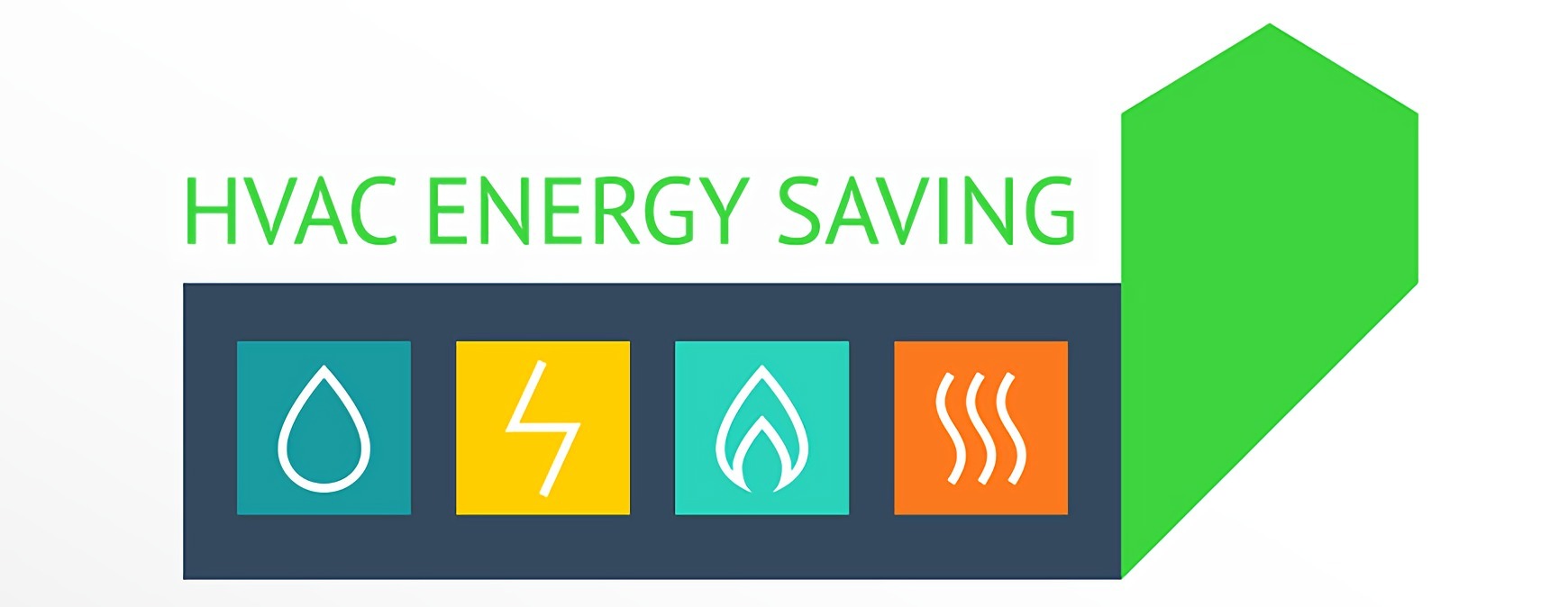
Smart HVAC: Embracing Energy-Efficient Climate Control
In the dynamic landscape of home innovation, energy-efficient HVAC systems have taken center stage, revolutionizing how we control our indoor climate. Let’s delve into the realm of smart HVAC, understanding the technology, benefits, and why it’s becoming a game-changer for modern homeowners.
The Evolution of Comfort: Introducing Energy-Efficient HVAC
Energy-efficient HVAC, or heating, ventilation, and air conditioning, represents a significant leap forward in home comfort solutions. These systems go beyond traditional climate control, leveraging smart technology to optimize energy consumption and enhance overall efficiency. It’s about creating a comfortable living environment while being mindful of energy use and environmental impact.
Smart Thermostats: The Brain of Energy-Efficient HVAC
At the heart of energy-efficient HVAC systems are smart thermostats. These intelligent devices serve as the brain, allowing homeowners to have precise control over their indoor climate. Smart thermostats learn from user behavior, adjust settings automatically, and can be remotely controlled via smartphones. This level of automation and customization ensures optimal comfort without unnecessary energy waste.
Zone Heating and Cooling: Personalized Comfort Zones
Energy-efficient HVAC systems introduce the concept of zone heating and cooling. This feature divides a home into distinct zones, each with its thermostat and climate control settings. By heating or cooling specific areas based on occupancy, homeowners can optimize energy usage. This not only enhances comfort but also contributes to significant energy savings.
Variable Speed Technology: Precision in Action
Traditional HVAC systems operate at fixed speeds, resulting in cycles of turning on and off. Energy-efficient HVAC systems leverage variable speed technology, allowing them to operate at different speeds based on the heating or cooling demands. This precision ensures that the system uses only the necessary energy to maintain the desired temperature, improving overall efficiency.
Energy Recovery Ventilation: Fresh Air without the Energy Loss
Energy recovery ventilation (ERV) is a key component of energy-efficient HVAC systems. ERV systems exchange stale indoor air with fresh outdoor air while preserving the temperature and humidity levels. By recovering the energy from the outgoing air, ERV systems minimize energy loss, making them an eco-friendly and efficient solution for maintaining indoor air quality.
High-Efficiency HVAC Units: Redefining Performance Standards
Energy-efficient HVAC units boast high efficiency ratings, indicating their ability to convert energy into heating or cooling effectively. These units often feature advanced technologies, such as variable-speed compressors and advanced heat exchangers, maximizing performance while minimizing energy consumption. Investing in a high-efficiency HVAC unit is a step toward a greener and more cost-effective home.
Smart Integration: HVAC Meets Home Automation
Energy-efficient HVAC systems seamlessly integrate with home automation platforms. This allows homeowners to create personalized schedules, control temperature settings remotely, and even coordinate HVAC operations with other smart devices in the home. The synergy between energy-efficient HVAC and home automation adds a layer of convenience to modern living.
Financial Benefits: The Long-Term Savings of Energy Efficiency
While the upfront cost of energy-efficient HVAC systems may be higher, the long-term savings are substantial. Reduced energy consumption translates to lower utility bills, contributing to ongoing financial benefits. Additionally, some energy-efficient upgrades may qualify for tax incentives or rebates, further enhancing the overall return on investment.
Environmental Impact: Reducing Carbon Footprint
Choosing energy-efficient HVAC is not just about personal comfort and savings; it’s also a step toward reducing environmental impact. By optimizing energy usage and minimizing waste, these systems contribute to lower greenhouse gas emissions, helping homeowners align their comfort needs with a commitment to sustainability.
Embracing a Smarter Tomorrow
Energy-efficient HVAC is more than a technological trend; it’s a shift towards a smarter, more sustainable future. As homeowners embrace these innovations, they not only experience enhanced comfort and savings but also play a role in shaping a greener world. Explore the possibilities of smart HVAC at Energy-efficient HVAC, where cutting-edge technology meets climate control for a smarter tomorrow.


